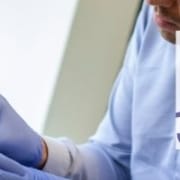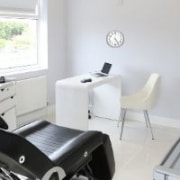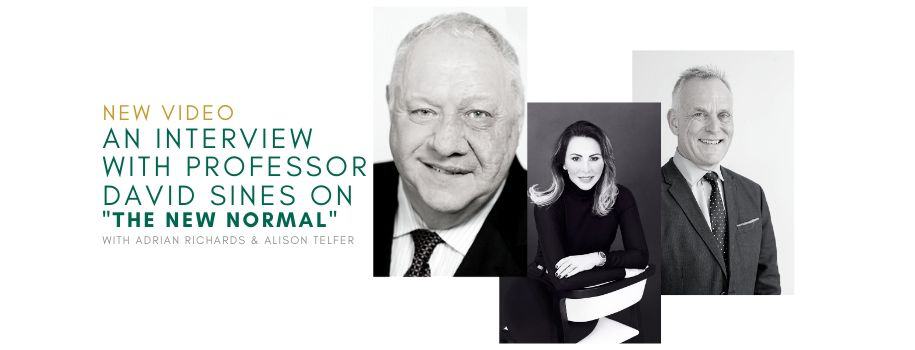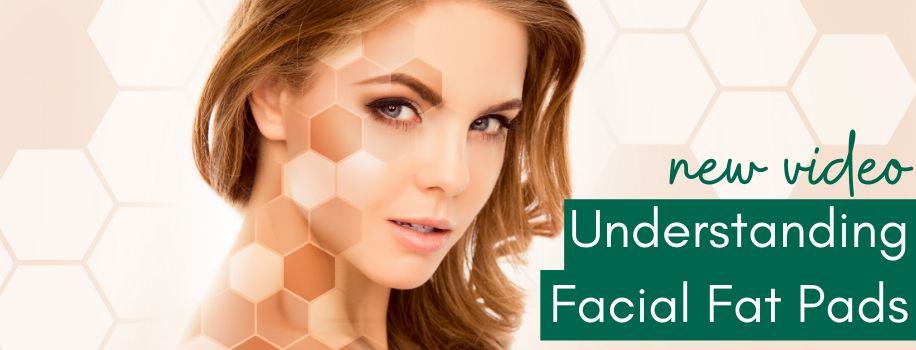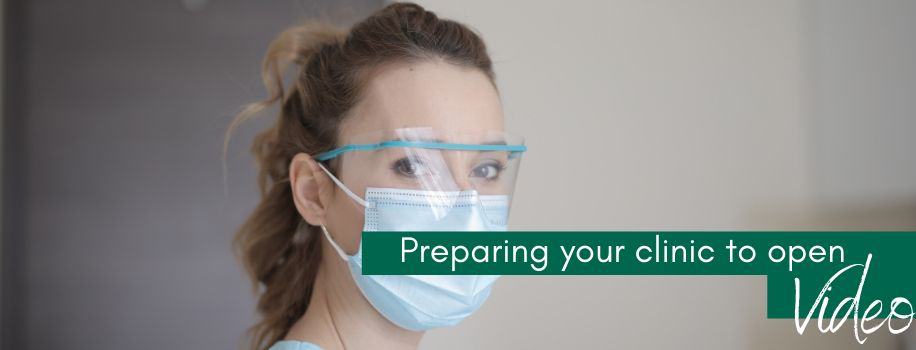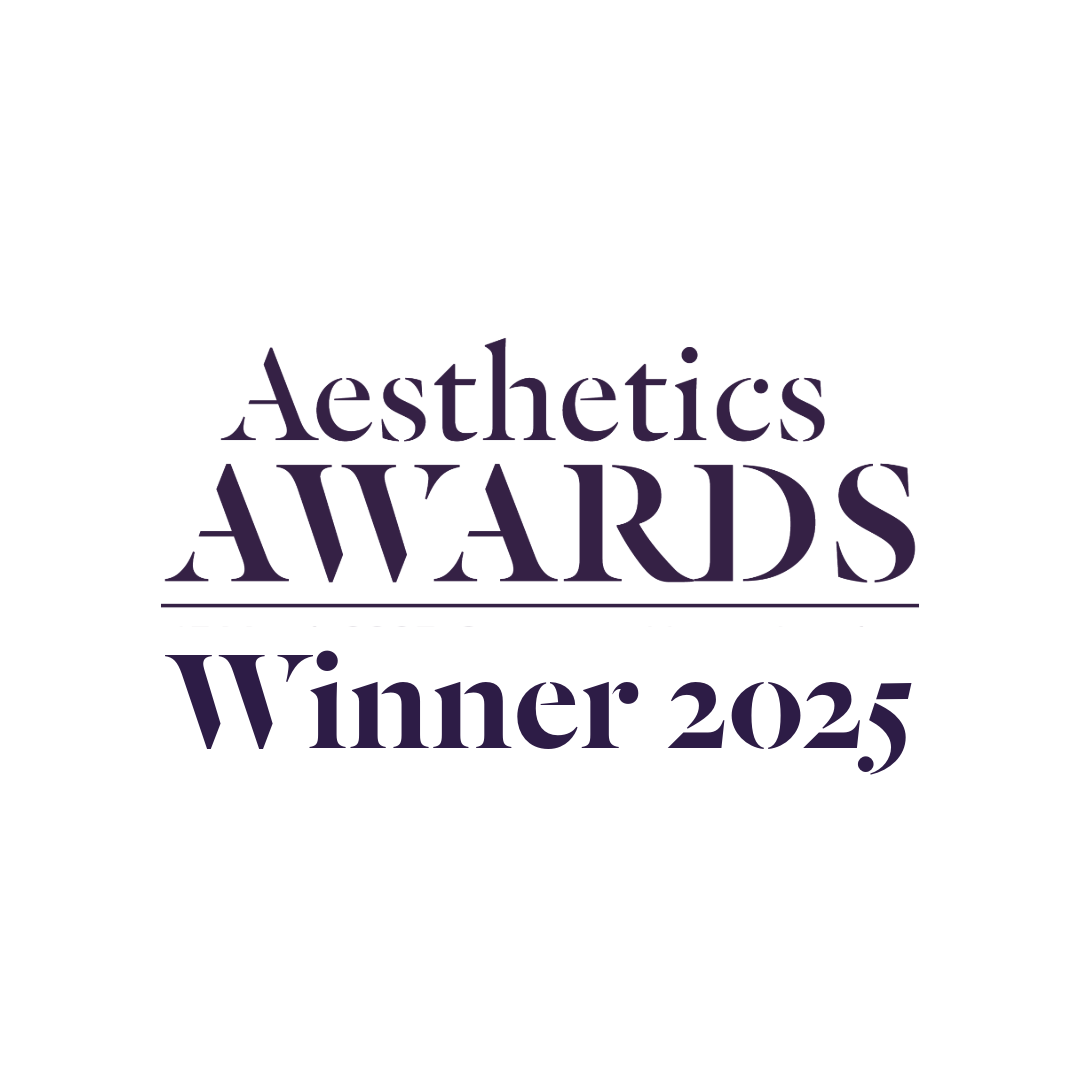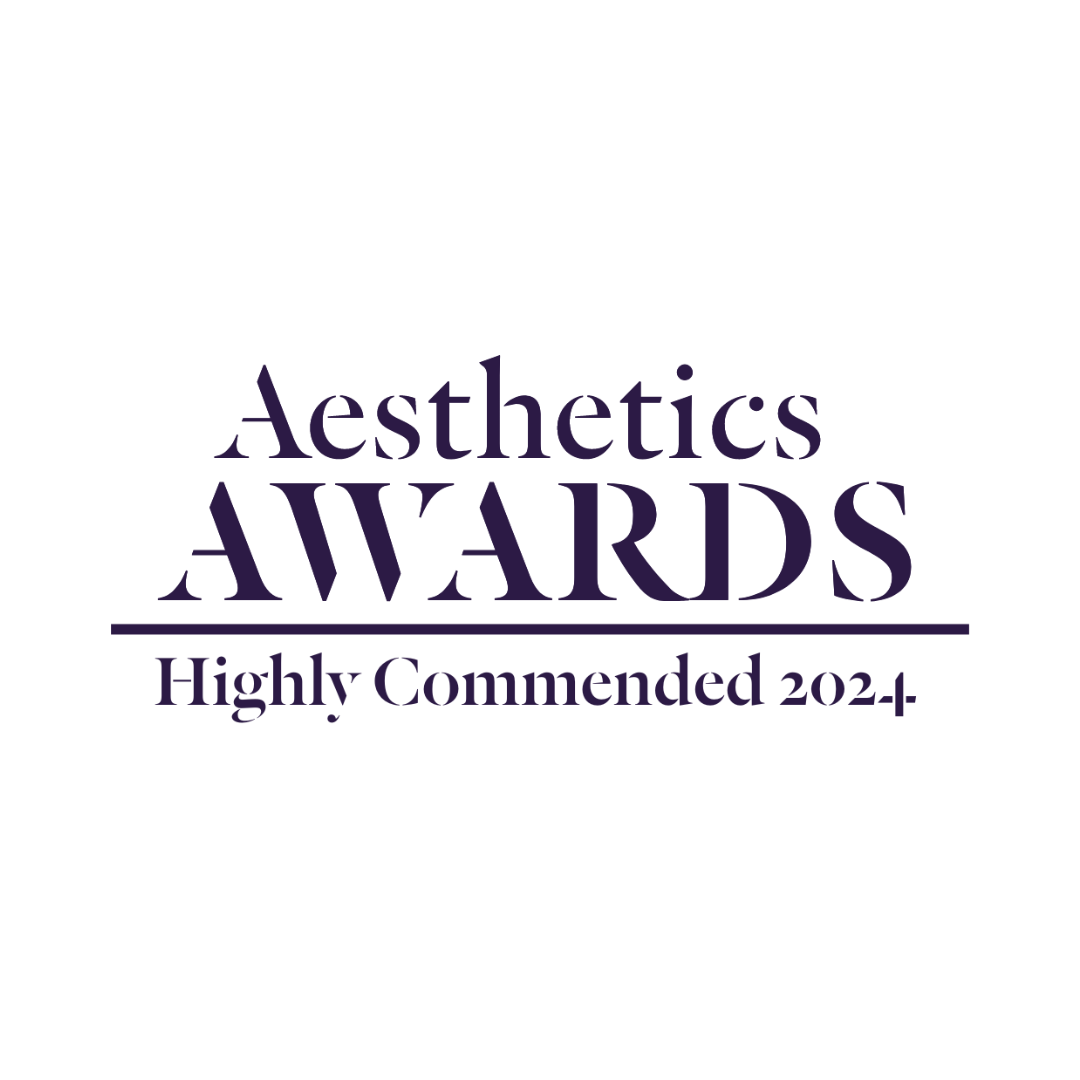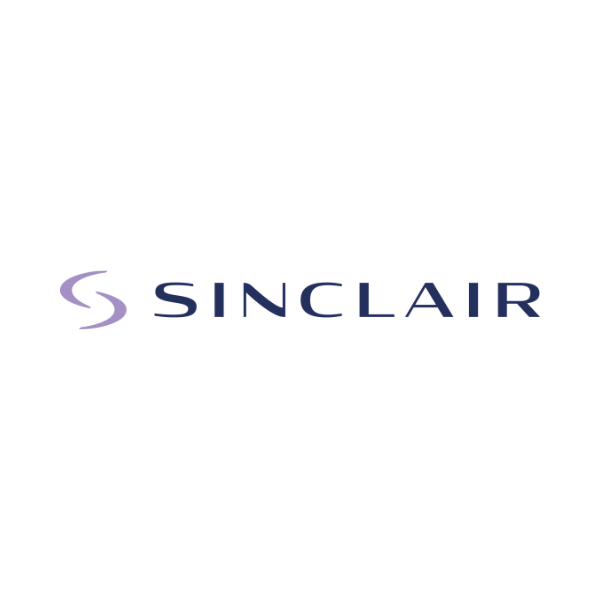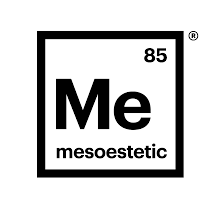At Cosmetic Courses we continue to strive to offer the best for our delegates, ensuring our courses and qualifications leave you feeling confident and qualified. We are pleased to announce that our new VTCT OFQUAL regulated Level 7 Diploma in Injectables for Aesthetic Medicine now has JCCP approval.
What is the Level 7 Diploma in Injectables for Aesthetic Medicine?
The Level 7 Diploma in Injectables for Clinical Aesthetic Treatments is an VTCT awarded qualification. This competence based diploma is aimed at doctors, dentists, nurses and midwives who hold a current professional registration. It has been created in line with the HEE and JCCP guidelines relevant to the administration of Botulinum Toxin and Dermal Fillers.
The diploma will provide you with the relevant knowledge and practical skills to safely perform the following procedures independently:
- The use of Botulinum Toxin to treat glabellar, frontalis and crow’s feet
- The use of Botulinum Toxin to create a brow lift
- The use of Dermal Fillers to treat nasolabial folds, marionette lines, oral commissures, lip augmentation and basic cheek augmentation
This Diploma is an industry-recognised qualification for both medical professionals considering a career in aesthetic medicine as well as those who are already practicing but are looking to obtain formal recognition for their knowledge and skills.
Who are the JCCP?
The JCCP (Joint Council for Cosmetic Practitioners) was developed to address the ongoing issues with the lack of regulation within the aesthetic industry. Working to bring awareness of safety within the surgical and non surgical sector through accredited qualifications and by educating patients in their practitioner choices.
What does it mean for the Level 7 to be JCCP accredited?
“There are many high-quality training providers working in non-surgical aesthetics however there are many who are offering sub-standard and unrecognized qualifications, supported by questionable accreditation routes and who are using misleading marketing tools to attract trainees.” – JCCP website on training providers.
At Cosmetic Courses we are proud of our JCCP accreditation as it means we have passed and met all requirements ensuring we are offering exceptional training for our delegates.
Our team have worked hard in ensuring our centres, support teams, trainers and qualifications meet all requirements to maintain the highest standards of education within the medical aesthetic industry.
The JCCP Education and Training Provider Register has been established to:
- Enable Education and Training Providers in aesthetics to demonstrate ‘best practice’ in education and training provision.
- Identify courses, programmes and qualifications that have been accredited by recognized awarding bodies.
- Enable practitioners to clearly evaluate the value and status of education and training programmes on offer.
- The JCCP has established strict entry requirements & premises standards for the Education and Training Provider Register
Talk to one of our dedicated Level 7 coordinators today to find out more about the diploma are available routes for you: 01844 390110 / [email protected].
Find out more about delegate’s frequently asked questions on the Level 7 Diploma in our Aesthetics Knowledge Hub.

